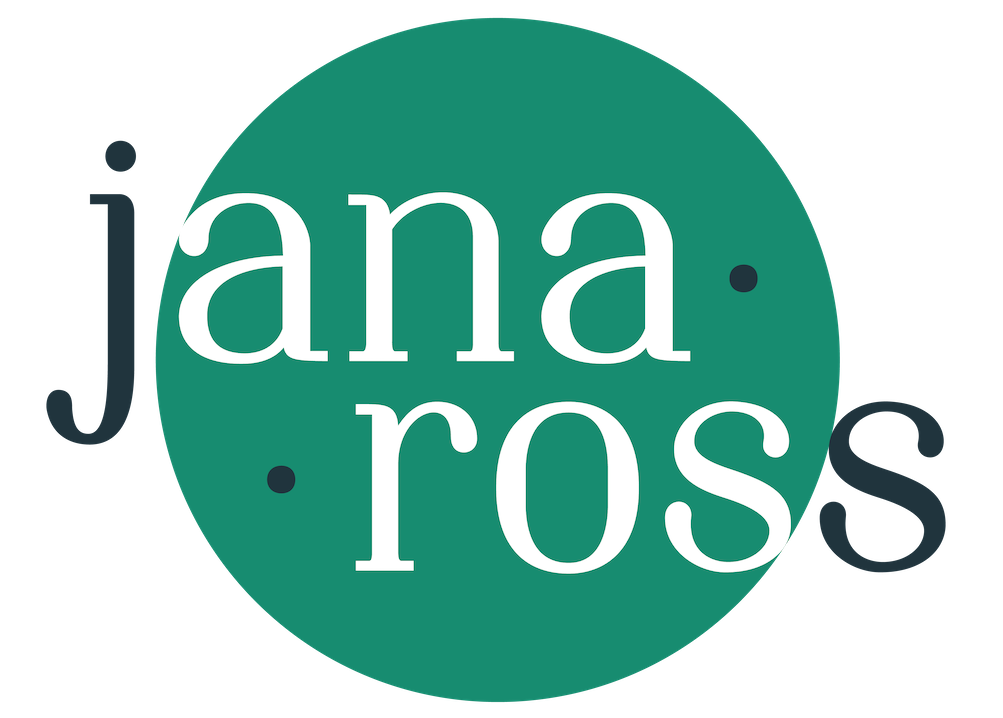The Upfront Costs Of Buying
Even buyers using a zero down VA loan have upfront costs and a deposit associated with buying a home. Exactly how much each buyer needs to pay upfront depends on a few variables including loan type, lender fees and points, downpayment amount, the purchase price of the property, the location, etc. However, the following amounts are relatively simple to roughly estimate.
Earnest Money Deposit
The earnest money deposit is a good faith deposit, due within 48 business hours of going under contract to purchase a property, that is held by the escrow company for the duration of the transaction. An earnest money deposit minimum of 1% of the purchase price is recommended. At closing, the earnest money deposit is applied to the buyer's closing costs and/or down payment. In limited circumstances, the deposit may be fully or partially returned to the buyer.
Home Inspection
Buyers are responsible for paying their home inspector. Inspectors set their own rates, but they tend to average between $400 and $600.
Appraisal
Lenders usually require an appraisal and charge buyers the appraisal fee. Appraisal fees are typically based on loan type and run between $500 and $800.
Closing Costs
Closing costs are a handful of fees charged by the lender, the escrow company handling the transaction, the title company insuring the title, and the County. Buyers have the option of negotiating with the seller to have the seller pay some, or all, of those fees. However, in this market, it's rare for sellers to cover any of their buyer's closings costs. Closing costs are due 2 to 3 days prior to closing. Remember, your earnest money deposit will be applied to these, so if your closing costs are 2% of the purchase price, and you deposit 1% in earnest money, you'll owe 1% at closing.

